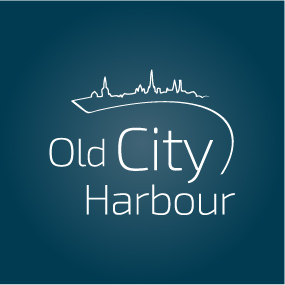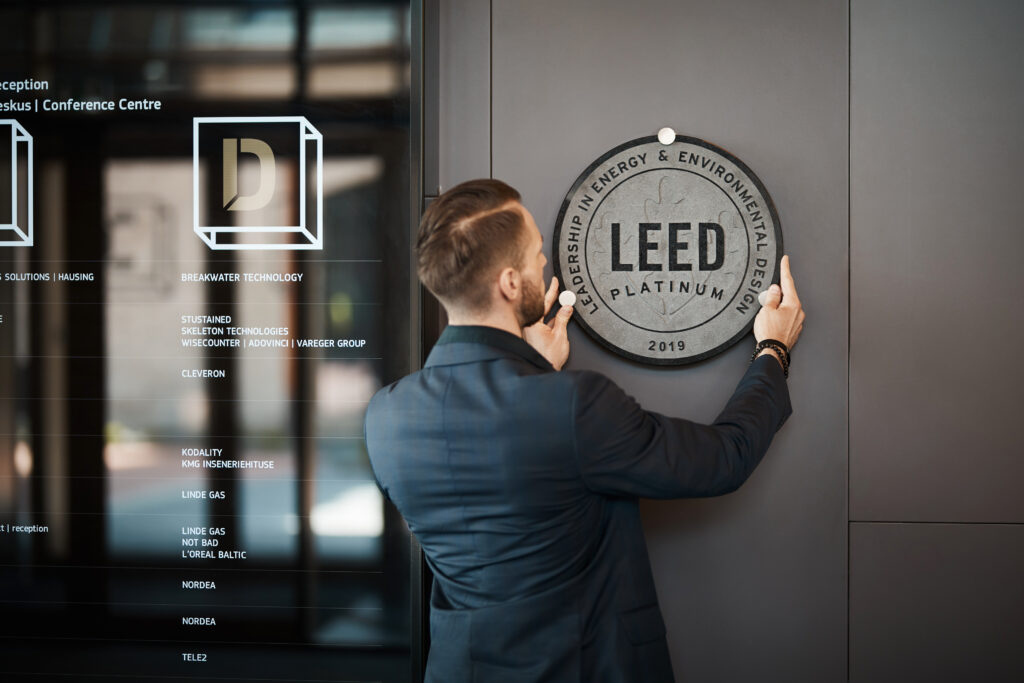Vanasadam Completes Preliminary Study for LEED Certification for Neighborhood Development
LEED (Leadership in Energy and Environmental Design) is the world’s most widely used green building certification system. This certification acknowledges buildings designed, constructed and operated in accordance with the principles of environmental sustainability and sustainable development. It provides independent, third-party validation from the U.S. Green Building Council (USGBC) that a building is designed, built and managed with commitment to protecting human health and the environment.
In addition to certifying individual buildings, LEED places significant importance on ensuring that the surrounding spaces—the entire neighborhood—are developed in a manner that promotes environmental and human health. The development of Vanasadam focuses not only on meeting certification requirements but also on enhancing the well-being and experience of its users. The planning process emphasizes daily convenience, recreational opportunities, and the creation of a healthy and accessible urban environment.
AS Tallinna Sadam prioritizes high quality and environmental sustainability in its plans for the Vanasadam real estate development. The goal of LEED certification is to encourage market behavior that supports sustainability and eco-friendly practices. The preliminary study confirmed that the planning solutions and designs for the new urban space are aligned with these principles, and achieving LEED GOLD certification for the Vanasadam neighborhood is within reach. Neighborhoods and development areas are key drivers of change and innovation. By strategically developing neighborhoods, there is tremendous potential to create a greener and more livable environment that addresses the impacts of climate change while minimizing the ecological footprint through sustainable practices. The LEED certification framework emphasizes the importance of a development’s location and its accessibility via public transportation, as well as its walkability and cycling infrastructure. It also highlights the integration of green spaces, on-site stormwater management, diverse building types, and energy-efficient structures. Steps taken under the LEED certification process will help the Vanasadam area reduce its carbon footprint and create a more climate-resilient urban environment. Key initiatives include adopting energy-efficient technologies, implementing nature-based stormwater solutions, and promoting sustainable transportation. These efforts align with the long-term vision of AS Tallinna Sadam as an environmentally responsible and forward-thinking developer.
The preliminary study for LEED certification for neighborhood development in the Vanasadam area was conducted by Forus Haldus OÜ. Alongside Finnish engineering companies operating in the Estonian market, Forus has completed the highest number of certification processes. Operating across the Baltic region, our advantage is the ability to offer comprehensive solutions for LEED certification, including energy simulations and building Life Cycle Assessments (LCA). Forus is dedicated to ensuring that developments are not just “green” on paper but contribute meaningfully to creating sustainable and human-centric urban spaces.

